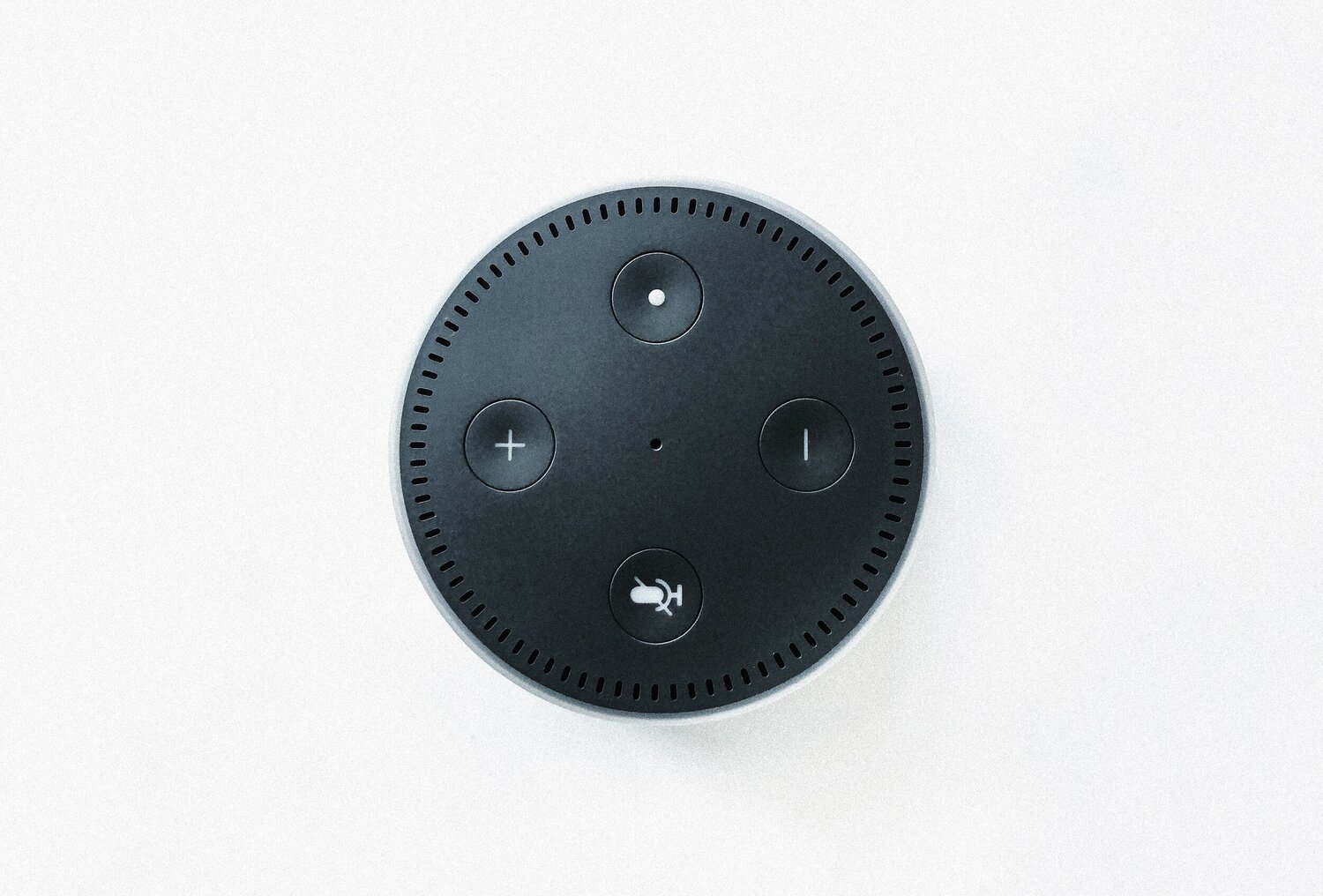Dipping a toe into the news feeds of various social media accounts are sure to provide a quick temperature check for current market conditions, how our industry friends are doing, and how businesses are adapting. But the overall sentiment is somewhat upbeat with a bulldog spirit of keep calm and carry on. Many contributors are quite rightly promoting the #stayhome mantra whilst others are sharing the consequences, struggles and advantages of the new wfh norm. Online networking talks are more popular than ever, deals continue to be shared, virtual tours of properties are common place and even new jobs opportunities are continuing to being published by recruitment agencies as companies at least appear to be growing.
What is clear, is that business will continue to be done, but the economic impact of a reduced workforce, a broad “wait and see” attitude with restricted travel is clearly yet to play out. With an overwhelming number of businesses having no option but to furlough countless employees, the remaining skeleton team are finding themselves taking care of what was a much broader teams output. Now, perhaps there is not as much output as there was before, and of course businesses are no stranger to economic impacts which often turn to consolidation to ensure their survival. But an increased workload might not be the feat it was a little over a decade ago. When you consider the 2008 banking crisis, the twelve years that have passed since GFC and COVID, has produced technological advancements which have transformed our lives more than we might think.
In 2008, Facebook was still in the foothills of connecting us to the world, having just reached 100m users, or around a third of the US population. In January 2008, the iphone 3G had just been released, Netflix were still posting us DVD’s and Amazon had just acquired Audible for $300m. In 1996, twelve years prior, only 1 in 10 of us were using email to communicate, and of course these early adopters could only use it to communicate with one another. It seems we have come a long way, but do these newly found efficiencies mean that employees, office space and output consolidation mean that it might be here to stay? Is technology enriching the workplace us or it already taking over?
In the last twelve years, we have rather quickly embraced significant changes to daily business life, especially when you consider what relatively trivial changes were adopted in the previous 100 years of life in the office. Daily chores such as buying groceries, or how we navigate to a chosen destination, adjusting the home thermostat are all components of daily life which have been disrupted. Even when we choose to physically visit the supermarket, we are encouraged to self-checkout using a simple computer. You can often negotiate the supermarket aisles without any human interaction whatsoever. Retailers are already experimenting with technology that means you don’t even need to check-out at all — you just walk out and your bank account is appropriately charged for the goods you have chosen. To determine where your local supermarket is situated, you no longer need to consulate the Yellow Pages for an address and then cross reference with a dog-eared OS folding map. Googles algorithm have gained your trust and put folding maps practically out of business. Millions of households put their trust in Amazon to adjust the thermostat of their home, by simply asking “Alexa” to do it for them.
Yet, despite these advancements, the workplace and how property businesses operate has remained relatively unchanged. We are of course seeing an emergence of many so called PropTech start-ups, and the disruptive nature of many of these companies ethos cannot be disregarded. However, for many businesses, the forced hand within our industry of embracing online meetings, pre-recorded videos of properties to share with prospective buyers is only the tip of the iceberg when it comes to revolutionising property. Now that many companies are discovering how productive they can be with less, then perhaps the calling card in being the next PropTech unicorn will not be how many professionals it employs, but, how few.. Tangible disruption will not come through supporting people through technology. The disruption will be taking people out of the equation once and for all.
So with fairly slow awakenings to technology within the property world, does that make for fertile land for disruption? More than likely, but then we possibly have sensed this for a while. And of course, the big picture may not be exclusive to property. What many workers are having to adjust to today, might not become normality overnight but it is inevitable that at some point in the future. Not many years from now, it will make more sense for businesses to pay higher rates of taxes, and for the government to pass those taxes on to would-be workers as stay at home financial support packages, whilst computers are undertaking alot of the actual “graft”. After all, a computer does not need to sleep, eat, smoke, or even take a holiday. A computer doesn’t have good and bad days. Whilst such an image does throw up a multitude of questions, many employers including real estate agencies, house builder and law firms will see little choice but to adopt such models to keep up.
Yet despite this, when you consider the world of residential agency, it’s clear that the traditional model doesn’t easily suit the technology currently available. Or perhaps it’s that the technology doesn’t suit the traditional model? Many agencies are retrofitting a traditional way of selling property with bolt-on tech based services. But this frosty approach to modernity is much like starting with a Ford Model T into and trying to turn it into a Tesla Model S. The aphorism, just because you can, doesn’t always mean you should, comes to mind.
Perhaps the big picture for us to consider in residential agency is not trying to protect the workforce, it’s about trying to liberate the workforce so we can make real progress. Maybe we are not delegating enough to the likes of “Alexa”, and that asking her to simply turn up the heating, undermines the good work of our friends in Silicon Valley. What if we could ask Alexa to arrange an online meeting for us? To book in that viewing or valuation? What if we could ask invest some money for us? £10? Upon doing so, you could be sure the “Alexa” would scan the entire market for the best possible ISA, bond, stock, IPO or REIT whilst taking into account your appetite for risk. And you could even be spared on having to choose your appetite for risk. Based on your spending habits, your outgoings, net worth and even general temperament, Alexa could make that decision for you. And why stop there? What if your pension fund thought to ask the likes of Alexa to invest £200m? Rather than having swathes of highly paid researchers identifying what makes for a good investment today, and then for the ultimate decision to fall on a governing board or CEO. The CEO’s ego, judgement, experience and mood would be taken out of the equation. Instead, the algorithms will take ensure these investments provide the best ROCE available. If we can trust Google to guide us to our destination, and for Amazon to take care of our personal data, how long will it be before we trust them to invest our money?
Many clients, colleague and friends reading this might be sitting in the camp that I sat in for a long time, which is that that there are too many industries dependent on relationships, team spirit and years of expertise that eventually earns you a right to greater responsibility, recognition and financial reward. The reality is, that changes beyond our comprehension are afoot, and whilst many of us are pursuing a career of passion at best or enthusiasm at worst, we simply might eventually have to find something else to fill our time.
Yet despite the tremors to the service businesses, the very cornerstone of our industry is one that remains reassuringly constant. Yes there are improvements within housebuilding which need to be considered, to create a more fluid supply chain, and there will be inevitable efficiencies adopted through technology to increase production whilst reducing building costs. But the bottom line is that most of us will always need somewhere to live.
And so, if having the ability to “work” at all is, for the moment, a privilege and not a right for many, let’s be more intentional about how we work, show that we can be more useful, more productive, more purposeful than ever. In the current climate, we have to remind ourselves, our teams and our clients that there is a bigger picture at play here. Whilst we continue to decode the supply bottleneck, the bedrock of a home, a roof over somebody’s head, whether it’s your own or somebody else’s, makes for an investment that is more purposeful and solid today, than ever before. So until that day comes when the computers outwork us all, we will meet again.
Written by Ben Morris


